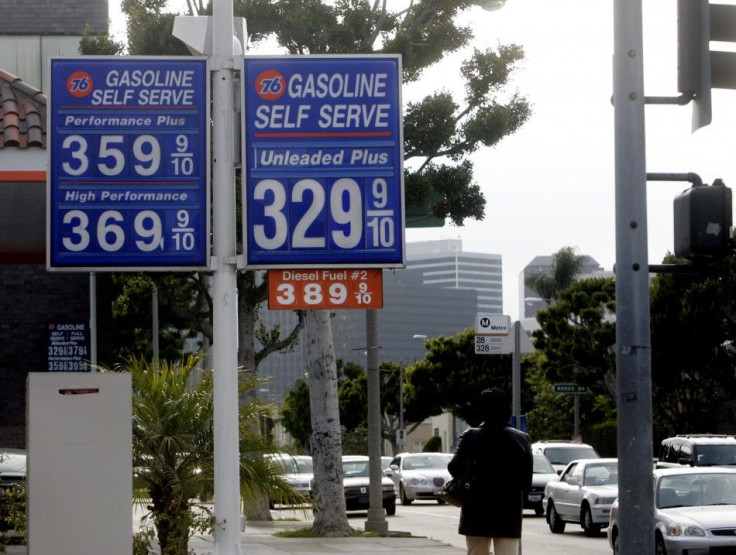Gas Prices May Hit Close to $5 for Summer Driving

The start of the 2012 brought the highest January gas prices in history, and analysts warn that prices could keep climbing as the warm-weather driving seasons approaches. On Monday, the average price for a gallon of gas was $3.39, 30 cents higher than a year ago. In July 2010, gas hit an all-time average high of $4.11.
According to CNN Money, experts say there are a variety of factors that are putting pressure on gas prices. The first is a modest economic recovery, which means increased demand at the pump. Next, the potential conflict with Iran over the Strait of Hormuz means that oil could potentially become scarcer. Iran has threatened to close the strait if the U.S. does not remove sanctions they have put in place. The strait is a major throughway for oil, with 17 million barrels passing through every day.
The U.S. is exporting more oil as well and that demand is keeping prices high. The U.S. consumer is competing with the emerging market consumer, namely Brazil, China, and India, director of research at IAF Advisors Kyle Cooper said. You throw on top of that the fear of anything happening with Iran, and most likely prices are not going to come down significantly in the next few months.
The gas price tracking Web site GasBuddy.com predicts that gas will be $3.95 per gallon in May, on average, with drivers in New York paying as much as $4.55 per gallon by Memorial Day.
Richard Soultanian, co-president of NUS Consulting, however, doesn't agree with that, saying that barring a conflict with Iran, he expects prices to drop back to the $3 range.
Peter Beutel, an oil analyst at Cameron Hanover, said prices would likely drop by the end of February, since Iran is unlikely to go through with any of its threats. But, he added, that consumers are likely in for another year of rollercoaster gas prices.
I don't see any way to get rid of volatility, he told CNN.
© Copyright IBTimes 2025. All rights reserved.





















